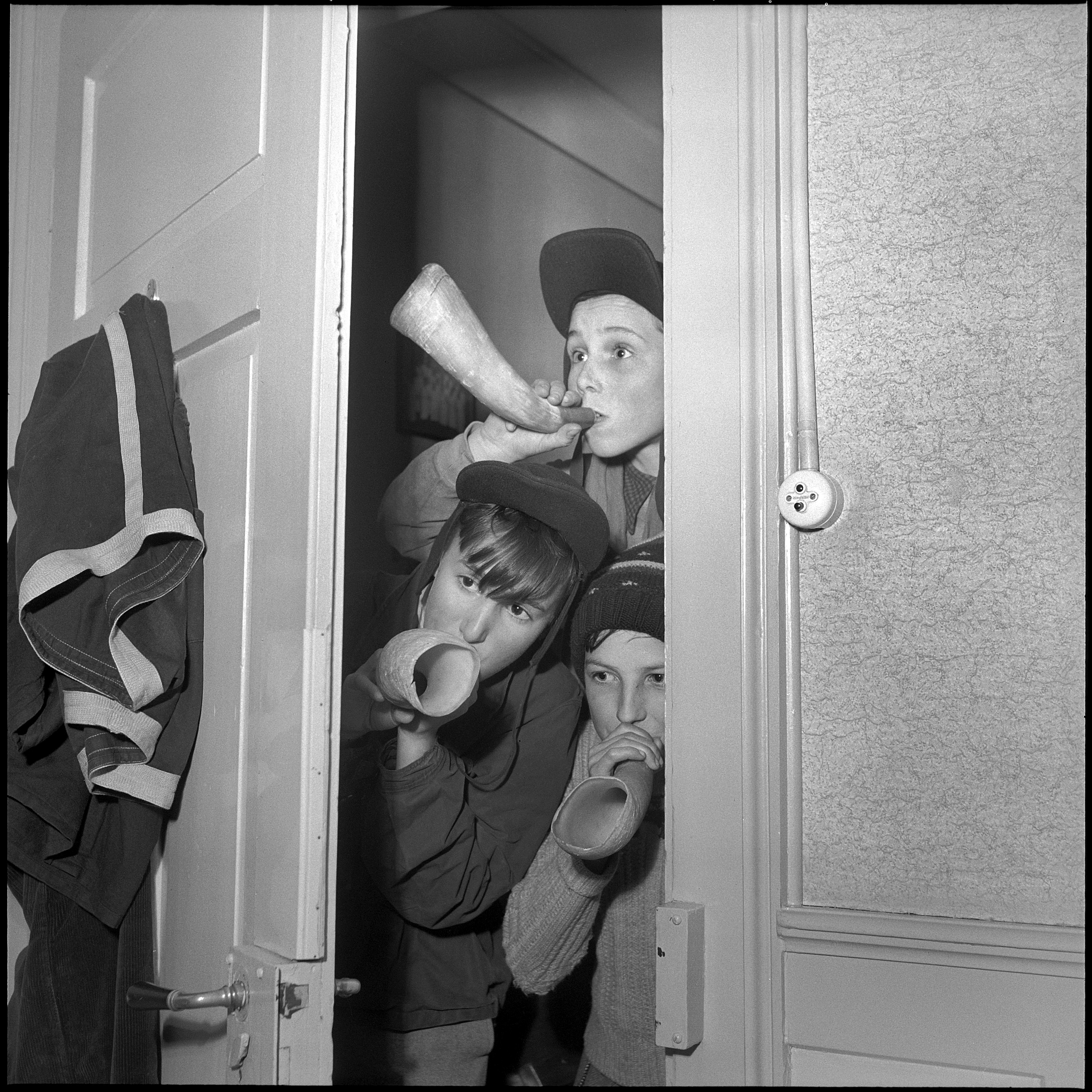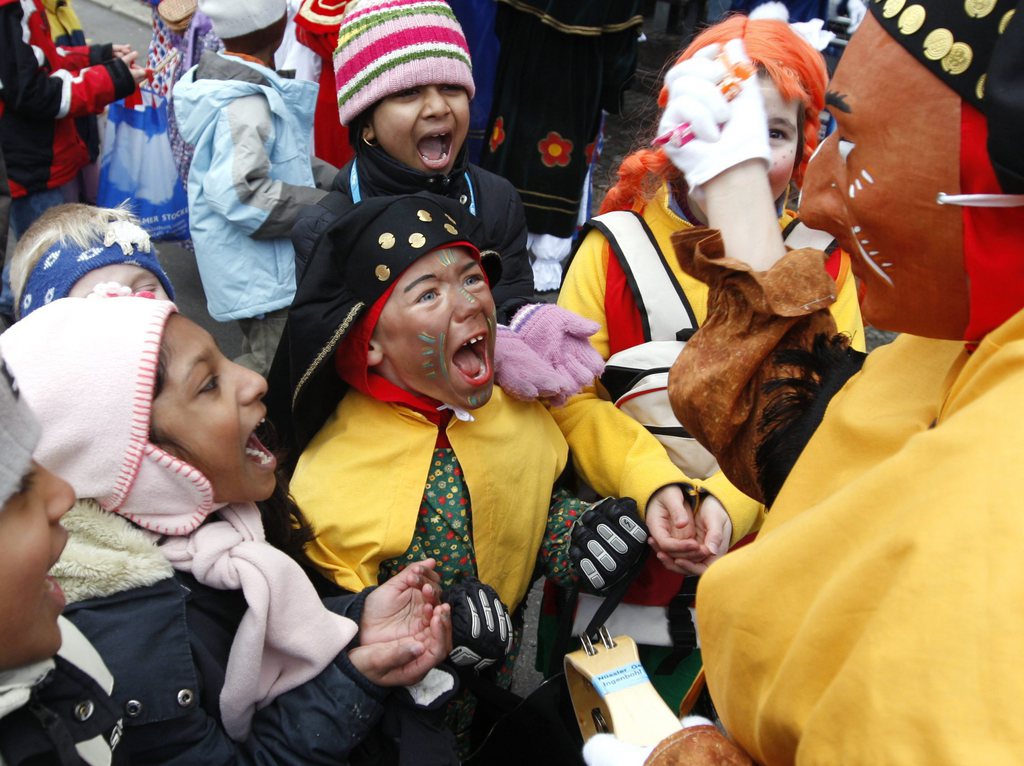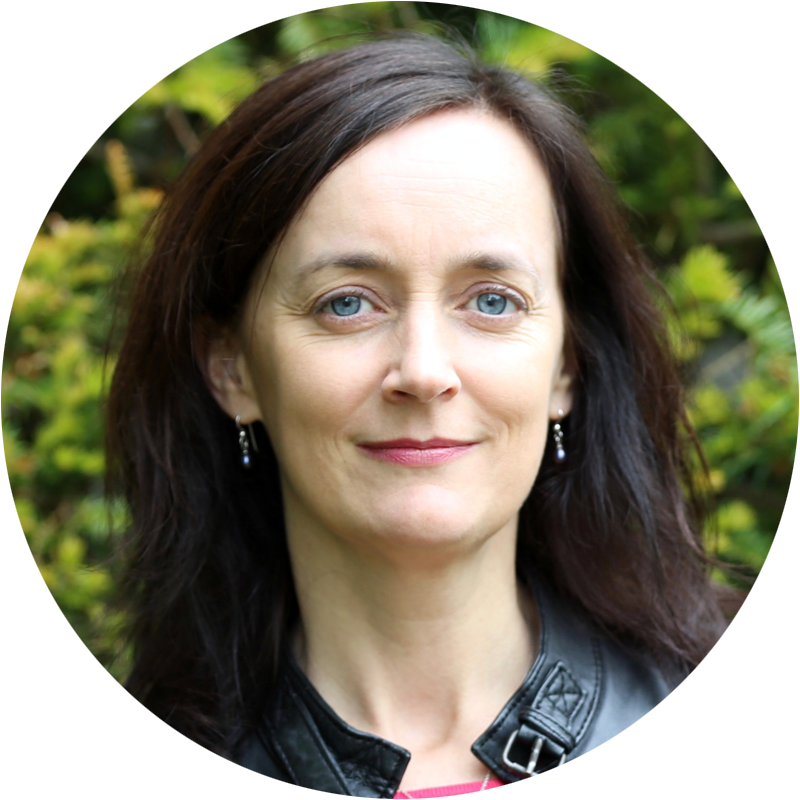Children cherished at home, excluded by society

Children in Switzerland are being embraced and excluded in equal measures. Conditions for children within families are better than ever, according to sociologist François Hoepflinger, but tolerance for children in society is low.
With a historically low birth rate of 1.48 children per woman, small families are now the norm, tilting the balance of power and influence in the home in favour of children, according to Hoepflinger. Parents invest heavily in their offspring – both financially and emotionally.
Hoepflinger, a professor at the Institute of Sociology of the University of Zurich with a special interest in socio-demographic changes, family and intergenerational relationships, explains that whole structure of urban life is oriented towards adults and not toward children.

More
Are children being forced onto the sidelines?
swissinfo.ch: In Switzerland children’s noise is a regular cause for complaint. Is there something wrong in the relationship between the generations?
François Hoepflinger: It depends on where you look. If we take family relationships – parents and children or grandparents and children – the context is very positive. We have found, as in Germany and France, that the generational relationships have improved. The World Health Report showed that most teenagers have a very good relationship with their mother or father.
But on a societal level the situation is much less positive. Society does not take children into consideration. Families with children are in more and more regions a demographic minority. Society is strongly oriented towards adults and not towards children. There is more room for cars than for children.

More
Activists fight for children’s right to be noisy
swissinfo.ch: China’s one child policy has had clear sociological consequences. What are the consequences of the voluntary Swiss 1.5 child policy?
F.H.: The importance of children within families has increased as has the investment of parents in children. Parents invest enormously in the one or two children they have, also economically. Because there are fewer children, the power of children within families has increased.
It’s the same as in China. You have the [so-called] ‘emperor children’. In Switzerland too, though not in all families, children have a very strong influence on parents. This is linked to the fact that children are very rapidly confronted with modern communication technologies, media and school so that the influence of parents on the education of children has decreased. In many families the parents of older children are more in a coaching, supervisory, mediation role and no longer the prime instance of education, so parents have lost a bit of power.
Parents are more tolerant of their children, at least their own children but not perhaps tolerant of other children. In Switzerland the image of young people is very negative amongst the adult population, even more negative than the attitude towards the elderly. That has to do [with the fact] that society is strongly oriented towards adults and pessimistic towards the future. If you don’t trust the future you don’t trust young people.
swissinfo.ch: More than half of Swiss schoolchildren are undergoing some sort of therapy . Is it possible that as a society we are over-analysing children, prescribing unnecessary therapies and medication?
F.H.: We invest more and perhaps too much in the few children we have. The tolerance towards different behaviour has decreased. If you have few children, all your projections and hopes for the future are concentrated on one or two children. Then because our society has a very strong work ethic, tolerance towards deviant behaviour has decreased, but not only for young people.
Swiss adolescents are more satisfied with life and generally healthier than their contemporaries in the rest of Europe and North America, according to a 2012 World Health Organization report.
The study spoke to young people aged 11, 13 and 15 in 39 countries and regions in Europe and North America about their health practices.
The Swiss turned out to have the least problem with their weight: only five per cent of 11-year-olds were overweight, compared with 30 per cent in the United States and 20 per cent in Portugal.
As for their leisure time, they watch less television than their peers anywhere else in Europe: only about a quarter of them spend more than two hours a day in front of it. But they also spend less time meeting their friends in the evening than most of their contemporaries.
The study found that while they liked their schoolmates – over 80 per cent described them as helpful – only a third of the Swiss children actually liked school.
swissinfo.ch: There is a criticism that children’s playgrounds are artificial islands in cities which are hostile to children. Do you agree?
F.H.: Children’s playgrounds are like Indian reservations. Small children are excluded from the adult world. You don’t find children wandering free. At the same time all children are relatively rapidly integrated into the adult world, not socially but communicatively through adult media. The 10-year-old can watch the same films as adults. They have access to sexuality on the internet.
swissinfo.ch: Many more mothers of young children work nowadays, mostly part-time. Could it be that parents are not spending enough time with their children?
F.H.: In the past mothers spent less time with their children than today. In the 19th century people had to work in agriculture, the home or factories. Older siblings or unmarried aunts provided most of the childcare. The image that the mother is responsible for the education and care of small children is a relatively new phenomenon. The high point of this development was after the Second World War. In Switzerland this tendency was stronger than in France and Germany because society was richer. In the 50s and 60s more families, also from lower social classes could afford to have one parent stay at home. Switzerland was one of the few countries where the labour force participation of women decreased in the 50s and 60s.
swissinfo.ch: And yet that ideal has persisted to this day.
F.H.: The problem is in Switzerland that this ideal which was a post-war phenomenon tied to the rapid increase of incomes, is still the norm among conservative circles but the reality has changed. More and more families depend on two incomes again but because we have a cultural lapse between norm and reality Switzerland has more problems with work and family life.
swissinfo.ch: What do parents expect from having children?
F.H.: Children are still viewed as a very important part of life. But women and men are realising that raising children in a life of 90 years is a short-term activity. Active motherhood and fatherhood is a small part of life. The post-parental phase is longer than the parental phase.
The value of children is now chiefly emotional. In earlier times it was social security, family continuity, tradition. Now the emotional value of children is increasing while their economic and social value is decreasing. It’s a trend that started in China. Good emotional relationships are based on equality, not hierarchical, but relationships between equals. This means that parents are learning from their children, new things, new ways of life, responsibility.

In compliance with the JTI standards
More: SWI swissinfo.ch certified by the Journalism Trust Initiative

You can find an overview of ongoing debates with our journalists here. Please join us!
If you want to start a conversation about a topic raised in this article or want to report factual errors, email us at english@swissinfo.ch.